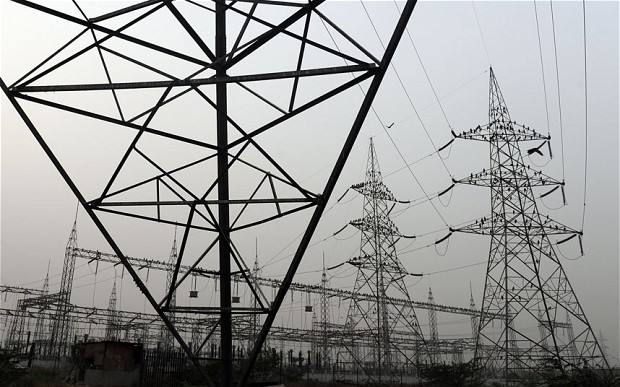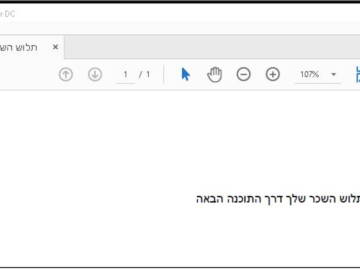US adds Tencent to the list of companies supporting Chinese military

US adds Chinese multinational technology and entertainment conglomerate Tencent to the list of companies supporting the Chinese military.
The US Department of Defense has added Chinese multinational technology and entertainment conglomerate Tencent to its “Chinese military company” list under the Section 1260 requirement.
The US government does not explain the decision.
The list includes the companies that support the People’s Liberation Army (PLA) on technology development. Unlike the Entity List for Malicious Cyber Activities, managed by the Commerce Department’s Bureau of Industry and Security (BIS), the Section 1260 list does not impose any ban or sanction on the tech giant. However, it serves as a warning for organizations to scrutinize potential collaborations with Tencent.
The organizations in the “Section 1260 list” support the “Military-Civil Fusion strategy” of the Chinese government.
The Chinese “Military-Civil Fusion” (MCF) strategy is a national policy aimed at erasing the traditional barriers between China’s civilian and military sectors to foster technological and industrial development for the benefit of both. It is a core element of China’s broader efforts to modernize its military, the People’s Liberation Army (PLA), and strengthen its national defense capabilities.
Tencent stated that its inclusion on the updated list must be an error and plans to appeal.
Tencent’s inclusion on the U.S. Department of Defense’s list of companies potentially aiding China’s military highlights concerns over its technologies’ dual-use potential. Key points include:
- Military-Civil Fusion: Tencent’s technologies could contribute to dual-use innovations, supporting both civilian and military applications, while strengthening cybersecurity for military networks.
- WeChat’s Ubiquity: With over a billion users, WeChat integrates messaging, payments, and social networking. The platform could support military communication, strategic message dissemination, public sentiment monitoring, and intelligence gathering.
- Cloud Services: Tencent Cloud may enable data storage, processing, and secure collaboration via enterprise tools like VooV, aiding military operations.
- Gaming Technologies: Tencent’s expertise in VR, AR, and AI could be applied to military training simulations, strategic analytics, and decision-making enhancements.
The US government also added the Chinese battery maker CATL to the list, however the company labeled the addition a mistake and said it “is not engaged in any military related activities.”
“We are not a military company or supplier. Unlike sanctions or export controls, this listing has no impact on our business,” a spokesperson for the company told the BBC.
“The US’s practices violate the market competition principles and international economic and trade rules that it has always advocated, and undermine the confidence of foreign companies in investing and operating in the United States,” said Liu Pengyu, a spokesperson for the Chinese embassy in Washington.
Follow me on Twitter: @securityaffairs and Facebook and Mastodon
Pierluigi Paganini
(SecurityAffairs – hacking, Chinese military)



